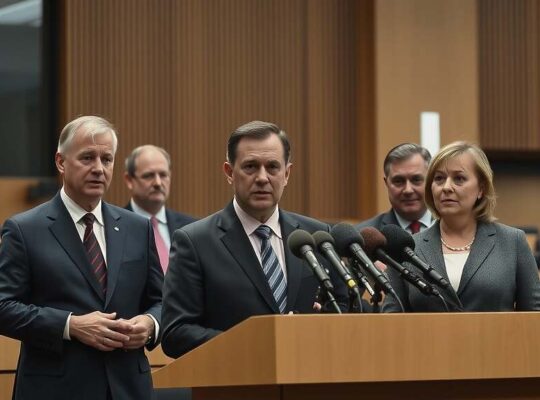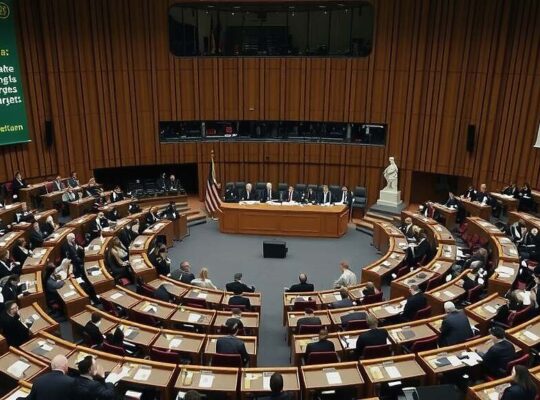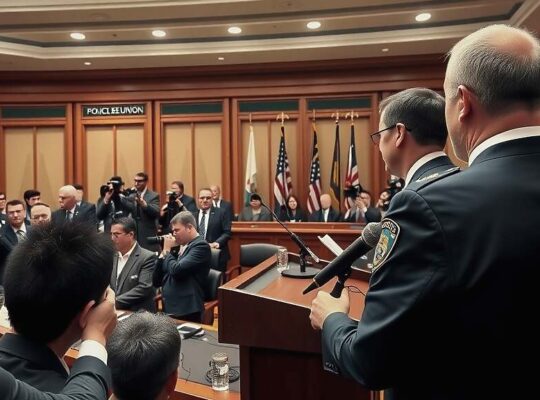A growing rift is emerging within Germany’s Social Democratic Party (SPD) as a grassroots movement challenges the government’s proposed overhaul of the Bürgergeld (Citizens’ Allowance) system. The initiative, driven by concerned SPD members, warns against policies that effectively penalize poverty and raises critical questions about the direction of the party’s social agenda.
The petition, reported by Der Spiegel, explicitly accuses the government of embracing approaches that exacerbate social hardship. It states, “The SPD must not endorse policies that punish poverty”. The movement highlights escalating tensions over amendments to the SGB II legislation, which governs social welfare benefits.
Among the prominent signatories are Philipp Türmer, national chairman of the Jusos (the SPD’s youth wing), MEP Maria Noichl and Aziz Bozkurt, chair of the SPD’s working group on migration and diversity – a diverse coalition signaling the breadth of discontent within the party.
The petition outlines three core demands: a rejection of harsher sanctions for Bürgergeld recipients, increased support for vulnerable individuals and a stronger stance against populist narratives surrounding welfare dependence. Critically, it argues that the debate surrounding Bürgergeld should focus on the root causes of poverty, rather than relying on symbolic, politically expedient measures. The initiative explicitly cautions against a return to policies resembling the controversial Agenda 2010 reforms, warning against broad-stroke cuts to social benefits.
The process initiating a formal SPD members’ petition is stringent. Requiring just one percent of the party’s membership to trigger official recognition, the movement then faces the more substantial hurdle of securing the support of 20 percent of SPD members within three months to force the party to adopt it as a formal resolution, potentially culminating in a binding party vote.
The emergence of this petition exposes a fundamental ideological struggle within the SPD. While the government defends the proposed reforms as essential for fiscal responsibility and incentivizing employment, this internal challenge underscores a deep-seated anxiety among some members about the erosion of the party’s core commitment to social justice and a robust welfare state. The outcome of this burgeoning dispute will likely shape the future direction of SPD policy and test the party’s ability to reconcile its governing responsibilities with its historic role as a champion of the vulnerable.












